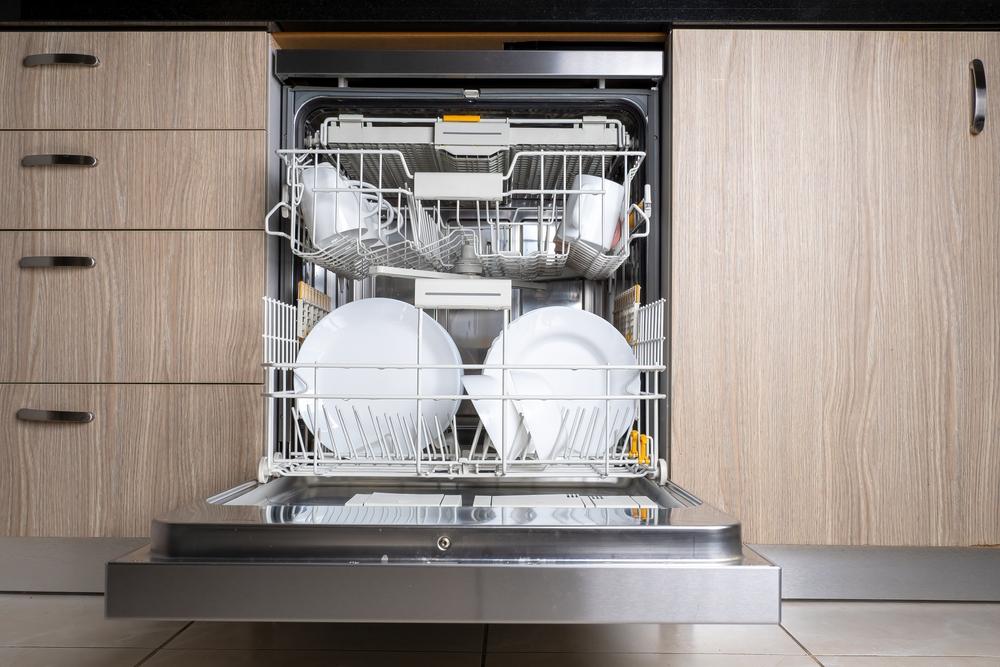The federal Labor government plans to abolish nearly 500 tariffs from July 1 this year on a large range of imported goods.
These include tariffs on dishwashers, hand tools, fridges, clothing, and menstrual and sanitary products.

The federal Labor government plans to abolish nearly 500 tariffs from July 1 this year on a large range of imported goods.
These include tariffs on dishwashers, hand tools, fridges, clothing, and menstrual and sanitary products.